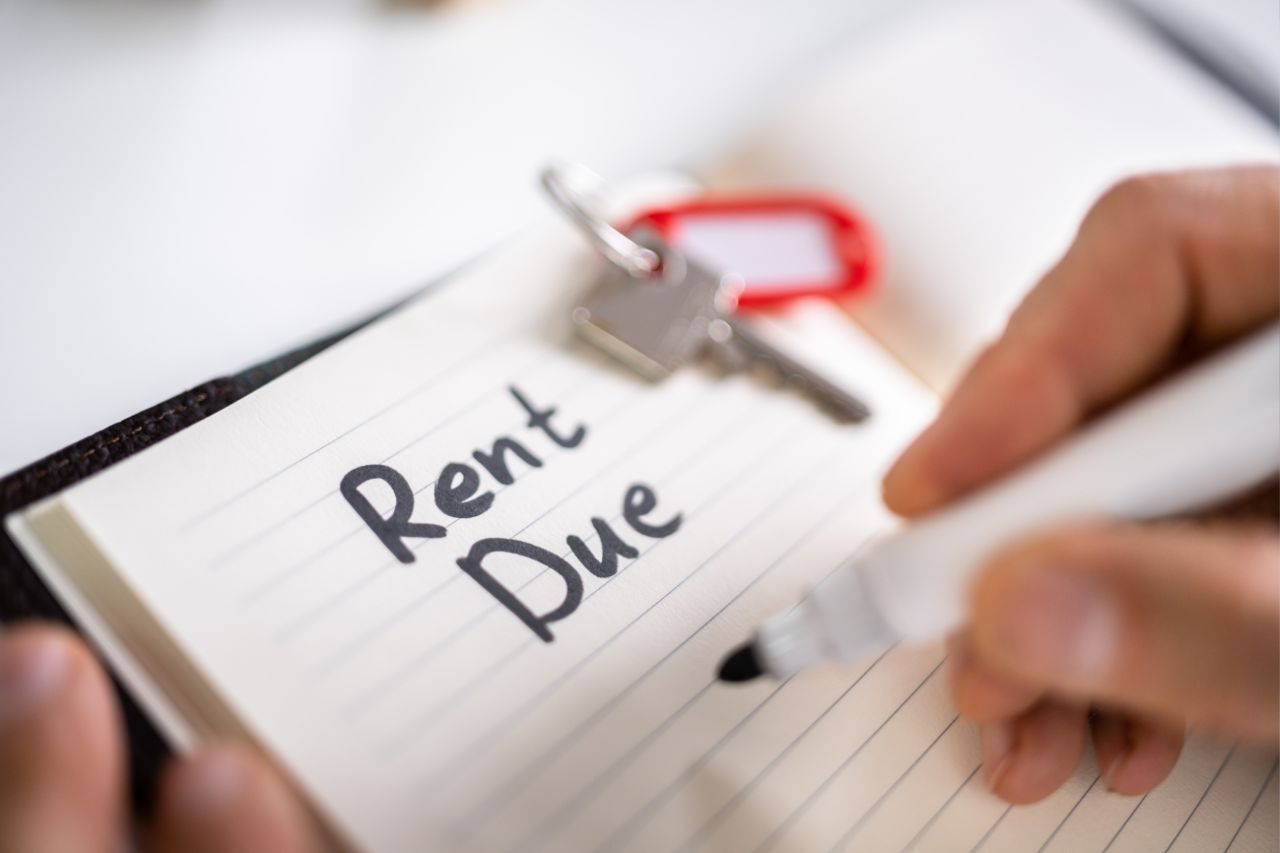Table of Contents
The Rent Collection Process
Property managers streamline rent collection to ensure consistency and minimize delays. Their primary goal is to create a system that is convenient for tenants and effective for property owners.
- Defined Due Dates: Lease agreements specify rent due dates, typically the 1st of each month.
- Payment Methods: Landlords offer tenants multiple options, such as online portals, ACH transfers, checks, or money orders.
- Automated Systems: Many property managers use automated software to track payments and send reminders.
Having a structured rent collection process reduces the likelihood of confusion or missed payments.
Online Payment Systems
Online payment systems have become the standard for efficient rent collection. These platforms offer convenience for tenants and improve tracking for property managers.
- Features: Automatic reminders, recurring payments, and instant receipts make the process seamless.
- Popular Platforms: Tools like AppFolio, Buildium, and Rentec Direct enable tenants to pay rent via credit card, bank transfer, or digital wallets.
- Transparency: Payment history is easily accessible for both tenants and property managers.
Online systems reduce manual errors and process payments quickly.
Tenant Payment Reminders
Timely reminders play a crucial role in ensuring rent is paid on time. Property managers use a combination of strategies to notify tenants of upcoming due dates.
- Automated Reminders: Many property management software platforms send reminders via email or text a few days before rent is due.
- Manual Follow-Ups: For tenants with a history of late payments, property managers may follow up personally.
- Clear Communication: Managers outline reminder schedules in the lease agreement to set expectations.
These proactive measures reduce late payments and foster better communication with tenants.
Handling Late Payments
Late payments are a common challenge in property management, but professional managers have systems in place to address them effectively.
- Immediate Follow-Up: Managers contact tenants as soon as a payment is overdue to understand the situation.
- Consistent Policies: Late payment policies outlined in the lease are enforced uniformly to avoid favoritism.
- Payment Tracking: Automated systems flag overdue accounts, making it easier to monitor late payments.
Addressing late payments promptly ensures they don’t escalate into larger financial issues.
Grace Periods and Late Fees
Most property managers incorporate grace periods and late fees into their rent collection policies to balance tenant flexibility and accountability.
- Grace Period: A typical grace period is 3-5 days, allowing tenants a small buffer before late fees are applied.
- Late Fees: Fees range from a flat rate (e.g., $50) to a percentage of the monthly rent (e.g., 5%).
- Legal Limits: Late fee policies must comply with state and local regulations to avoid disputes.
These policies encourage on-time payments while providing a fair solution for unavoidable delays.
Payment Plans for Tenants
For tenants facing temporary financial difficulties, property managers may offer payment plans to prevent eviction and recover owed rent.
- Structured Repayments: Spreading overdue amounts across multiple months to ease financial strain.
- Written Agreements: Payment plans are documented to ensure clarity and enforceability.
- Case-by-Case Basis: Managers evaluate each tenant’s circumstances before approving a plan.
Payment plans demonstrate empathy while maintaining financial responsibility.
Legal Action for Nonpayment
When tenants fail to pay rent despite reminders and payment plans, property managers may initiate legal proceedings.
- Three-Day Notice: In many states, managers issue a notice to pay or vacate before proceeding with eviction.
- Filing for Eviction: Managers work with attorneys to file necessary paperwork and represent the property owner in court.
- Court-Ordered Judgments: If approved, the court may order the tenant to vacate and repay overdue rent.
Legal action is a last resort, used only when all other options have been exhausted.
Preventative Measures to Minimize Late Payments
Property managers implement proactive strategies to reduce the likelihood of late payments.
- Tenant Screening: Ensuring tenants have stable income and a history of on-time payments.
- Clear Lease Terms: Outlining payment expectations and consequences for late payments in the lease.
- Incentives for On-Time Payments: Offering discounts or perks for tenants with consistent payment histories.
By focusing on prevention, managers create a smoother rent collection process.
Owner Communication and Reporting
Property managers keep owners informed about rent collection and late payment trends to maintain transparency.
- Monthly Reports: Detailed statements showing rent collected, overdue payments, and late fees.
- Issue Updates: Notifying owners about problematic tenants and the steps being taken to address issues.
- Financial Insights: Providing recommendations for improving cash flow and minimizing risks.
Regular communication ensures property owners remain confident in their investments.
To learn how we collect rents, click here



